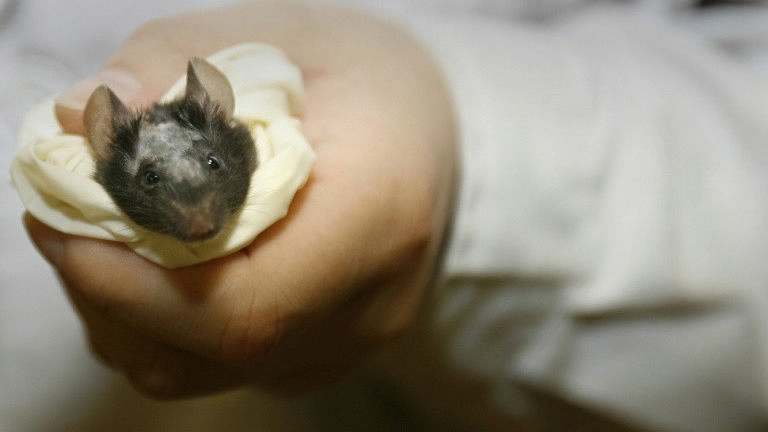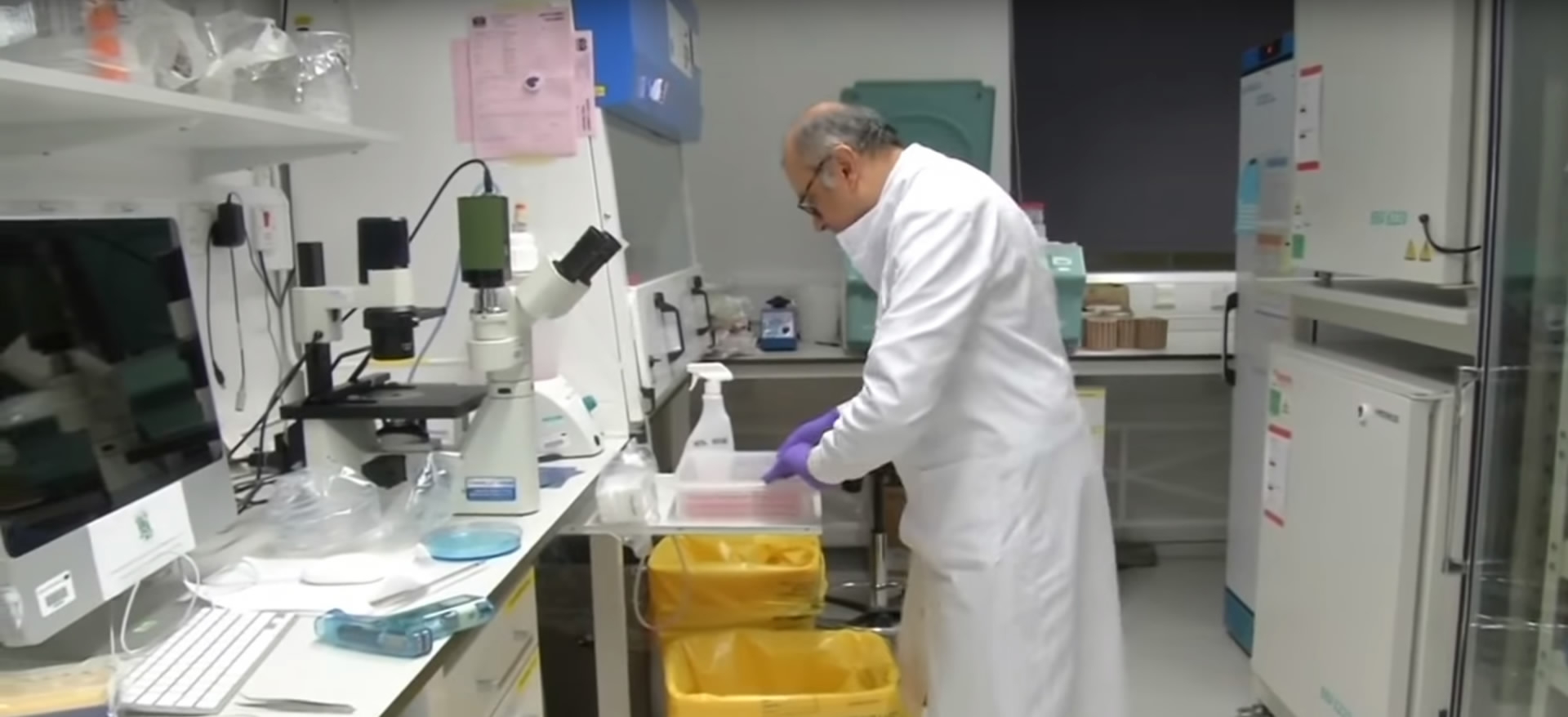
health
10:30, 04-Jan-2018
Mouse study shows how alcohol damages and can cause cancer

Researchers have used mice to show how alcohol damages the DNA of stem cells responsible for producing new blood.
This may explain why drinking increases the risk of cancer, according to a study published on Wednesday.
It has long been established that alcohol consumption contributes to several cancers, including the common breast and bowel cancers.
This study, published in the science journal Nature, looked specifically at how alcohol use leads to permanent genetic damage.
Commentators welcomed the paper's contribution to the knowledge base.
"This is beautiful work, which puts our finger on the molecular basis for the link between alcohol and increased cancer risk and stem cells. Very important," said Magdalena Zernicka-Goetz of the University of Cambridge.
Researchers in the study gave lab mice diluted alcohol, known chemically as ethanol.
They then used chromosome and DNA analysis to examine genetic damage caused by acetaldehyde, a chemical produced when the body processes alcohol.
"They found that acetaldehyde can break and damage DNA within blood stem cells, leading to rearranged chromosomes and permanently altering the DNA sequences within these cells," Cancer Research UK, which helped fund the research, said in a statement.
"It is important to understand how the DNA blueprint within stem cells is damaged because when healthy stem cells become faulty, they can give rise to cancer."

New research adds to the body of evidence suggesting that drinking alcohol may be linked to cancer. /Reuters Photo
New research adds to the body of evidence suggesting that drinking alcohol may be linked to cancer. /Reuters Photo
DNA damage can lead to cell death, but can also trigger the body's natural repair mechanisms. However, if the DNA is repaired incorrectly, it can lead to cancer.
"While some damage occurs by chance, our findings suggest that drinking alcohol can increase the risk of this damage," said lead author Ketan Patel of the MRC Laboratory of Molecular Biology in Cambridge.
The team also examined how the body fights against alcohol damage using a family of enzymes called ALDH, which turn acetaldehyde into acetate, which cells can use as energy.
Millions of people – particularly from Southeast Asia – either lack these enzymes or carry faulty versions, said the team. And mice lacking ALDH, given alcohol, suffered four times as much DNA damage.

Lead researcher Ketan Patel works at the University of Cambridge's MRC Laboratory of Molecular Biology. /Reuters Photo
Lead researcher Ketan Patel works at the University of Cambridge's MRC Laboratory of Molecular Biology. /Reuters Photo
"Our study highlights that not being able to process alcohol effectively can lead to an even higher risk of alcohol-related DNA damage and therefore certain cancers," said Patel.
It may be a contributor to an "extremely high prevalence" of throat cancer in countries such as China, commented Malcolm Alison of the Queen Mary University of London, who was not involved in the study.
8083km
Source(s): AFP

SITEMAP
Copyright © 2018 CGTN. Beijing ICP prepared NO.16065310-3
Copyright © 2018 CGTN. Beijing ICP prepared NO.16065310-3